Psychology
Psychology and dreams are closely related, as dreams are considered a window into the subconscious mind. Dreams can reveal aspects of our personality, desires, and fears that may not be apparent in our waking life. Here are some key concepts in psychology related to dreams:
- Dream Interpretation: Dream interpretation is the process of assigning meaning to the symbols, images, and experiences that occur in dreams. Sigmund Freud, the father of psychoanalysis, believed that dreams were a way for the unconscious mind to express repressed desires and conflicts. Carl Jung, another influential psychologist, believed that dreams were a way to access the collective unconscious, a shared storehouse of human experiences and symbols.
- Sleep Stages: Dreams occur during the Rapid Eye Movement (REM) stage of sleep, which is characterized by increased brain activity and rapid eye movement. Dreams can also occur during other stages of sleep, but they tend to be less vivid and memorable.
- Lucid Dreaming: Lucid dreaming is the ability to be aware that you are dreaming while you are still in the dream state. This can allow you to control the dream’s narrative, overcome fears, and explore the limits of the subconscious mind.
- Nightmares: Nightmares are unpleasant and frightening dreams that can cause anxiety and distress. Nightmares can be a sign of unresolved trauma, anxiety, or stress, and they can be a way for the mind to process and work through these experiences.
- Dream Content: Dreams can be highly personal and vary widely from person to person. However, there are some common themes and symbols that tend to appear in dreams. For example, falling, being chased, or losing teeth are all common symbols in dreams that can represent feelings of vulnerability, anxiety, or powerlessness.
- Dream Journaling: Keeping a dream journal can be a helpful tool for exploring the content and meaning of dreams. By recording and analyzing your dreams, you can gain insights into your unconscious mind and identify recurring patterns or themes.
-

Anxiety and menstruation How anxiety affects menstruation
Can anxiety delay menstruation? Has it ever happened to you or someone you know who was so stressed that you…
Read More » -
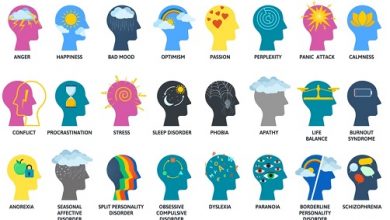
Affective disorders list 16 disorders with characteristics
We live in a world full of obligations and demands to which we must respond in some way. When patience runs…
Read More » -
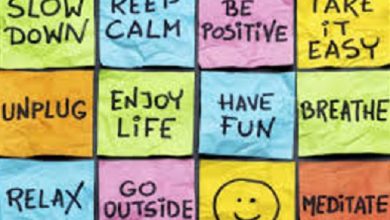
What are coping strategies Types Activities to work on
Do you know the word coping ? It is the translation of a term originated from English that we use to define this…
Read More » -

What are brain waves types and frequencies
The brain is one of the most important elements to ensure the proper functioning of our vital functions. In fact, it…
Read More » -

What is creative visualization Tips Creative visualization exercises
Creative visualization, which we could also call “the power to succeed”, consists of having a clear idea or image of…
Read More » -
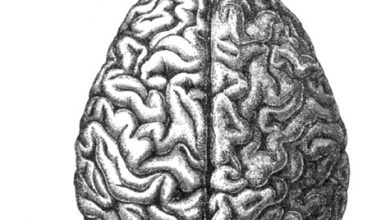
What is informed consent in psychology Benefits How to make
In the initial phase of the professional relationship, the psychologist will provide the individual, group, institution or community, whether users…
Read More » -
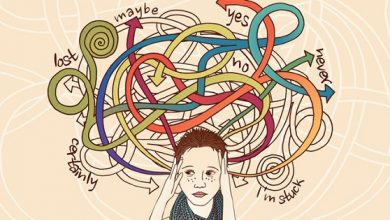
Ruminating thoughts mental rumination How to decrease
Have you ever found yourself thinking and rethinking something over and over again? Have you even tried to stop thinking, but…
Read More » -

Cinderella complex Symptoms definition Examples how to recover
Romantic movies are a recurring theme in conversations and social gatherings. Often we can even feel identified with a character, as…
Read More » -
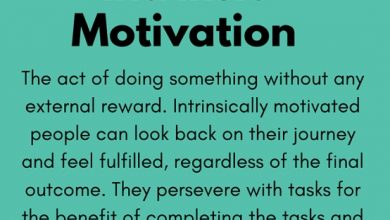
Types of intrinsic motivation difference between extrinsic motivation
Motivation is the expression of the motives that induce a person to perform or tend to a certain action. From a…
Read More » -
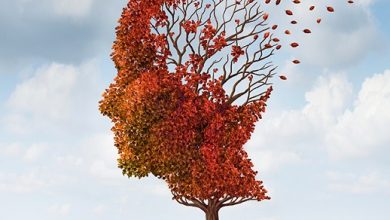
Psychology of aging Importance and Functions
Human beings are born, live and die. People usually go through certain life cycles throughout their lives that generate a series…
Read More »